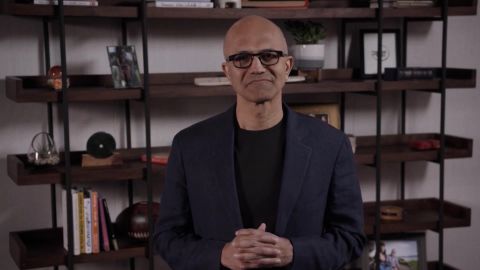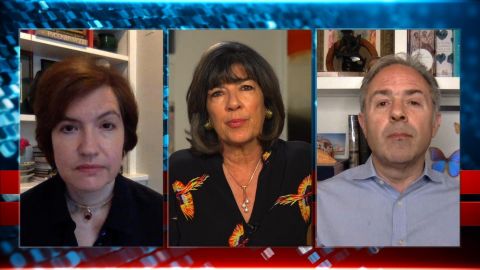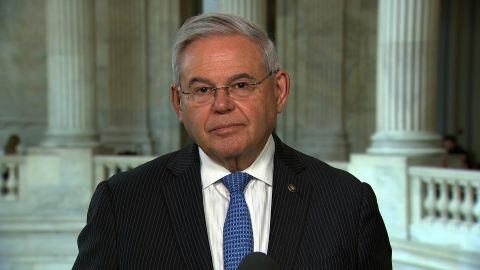Read Transcript EXPAND
SUSAN GLASSER, STAFF WRITER, THE NEW YORKER: I mean, it really — I thought for a long time, you know, that this is — covering Washington right now, and I’ve been doing this on and off for, you know, longer than I would like to admit but, you know, almost three decades. And the truth is, is that Washington is the epicenter of global instability. That was something a senior Japanese diplomat said to Strobe Talbott at the very beginning of the Trump administration and I often think back on those words when we’re trying to frame the stakes for people of what is happening here right now and what the unique kind of dysfunction of America’s domestic politics means internationally. Because really what we’re seeing, I think, is the fusion of an approach to American internal politics where this polarization has now also, I think, become America’s foreign policy, you know, of withdrawing from the world of creating a series of zero sum confrontations that frankly reminds me more in some ways of when I was a correspondent in Putin’s Russia than it does to the traditional American approach to foreign policy. But right now, as you pointed out, U.S. has never been more absence from the basic institutions and mechanisms of international cooperation. The only trip that the secretary of state has made in the — since this pandemic began was a short trip to Israel this week. And I think it does speak to American isolation in a way that I’m just utterly unfamiliar with. It is just something new.
CHRISTIANE AMANPOUR: Well, it also has a dramatic impact at home. And, Ed Luce, of course, you are there in the United States. You are a foreign correspondent for all intents and purposes, American editor of the F.T. there. And you have had a pretty dramatic cover story this weekend titled “Inside Trump’s Coronavirus Meltdown.” How is this current, you know, description of this administration actually playing out inside the U.S. and why do you think it is? I mean, the obvious question is, why do you think and what did you find out in your reporting that’s led, you know, this terrible infection and death toll and failure to deal with this pandemic?
ED LUCE, U.S. NATIONAL EDITOR, FINANCIAL TIMES: Well, I, you know, came across a lot of people in and outside of the administration or around the administration who referred to the coronavirus likened it to the 9/11 attacks. And — but George W. Bush was, of course, warned once explicitly in his home in Crawford, Texas about that a few weeks before that before the plot came to fruition on 9/11. By contrast, Donald Trump was warned countless times over many, many weeks about something that was definitely going to happen, a virus was coming rather than a plot might happen. So, I think this idea that this was like a meteor or a terrorist attack has sort of taken hold in Trump’s circles but it simply doesn’t stand up to the record.
About This Episode EXPAND
Senator Bob Menendez reacts to the White House’s firing of State Department Inspector General Steve Linick. Veteran journalists Susan Glasser and Ed Luce discuss the wider political fallout of Linick’s dismissal. Navajo Nation president Jonathan Nez explains the toll of the COVID-19 pandemic on his community. Microsoft CEO Satya Nadella discusses how the pandemic is pushing tech innovation.
LEARN MORE



